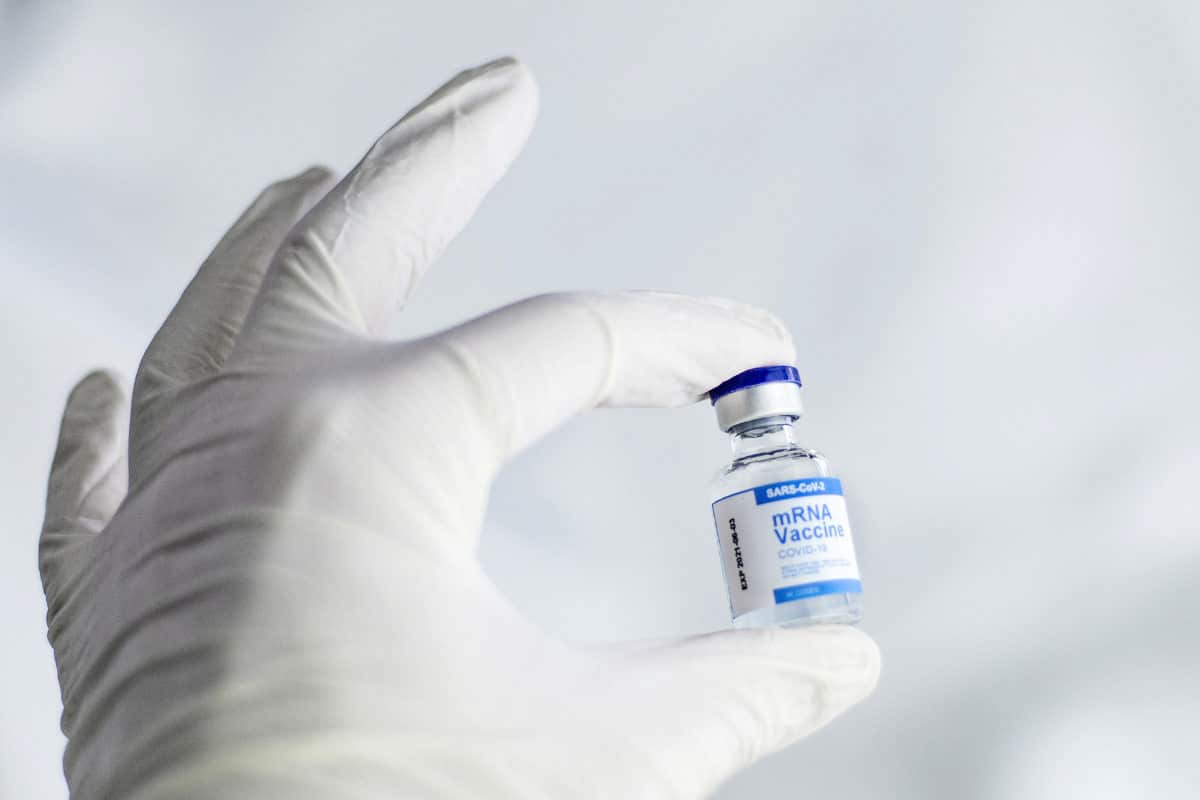
And until then, boosting is the magic word.
Everyone held their breath for a moment when it turned out that a new, rather worrisome corona variant had surfaced. This mutant turned out to differ from the original coronavirus in 32 places. And so the question arose whether our current vaccines would be able to cope with this variant. Meanwhile, pharmaceutical company Pfizer errs on the safe side. Because they want to have a vaccine against Omikron ready by March.
Omikron vaccine
The company has announced that it is working on a variant-specific vaccine against Omikron, in case some adjustments are needed to improve the effectiveness and duration of protection. The first batches of this Omikron vaccine are expected to be ready within 100 days, pending regulatory approval. Pfizer and BioNTech have also tested other variant-specific vaccines, with promising results. Based on this experience, the companies are therefore confident that they will be able to deliver an Omikron-based vaccine by March 2022, if needed.
boost
Whether such an Omikron vaccine is really necessary should become clear in the coming months. Until then, boosting is very important. Because preliminary data shows that three injections offer better protection against the new corona variant than two. When someone receives a third dose, the neutralizing antibodies increase by a factor of 25. This means that they have 25 times as many antibodies in their body as after two injections.
According to the researchers, the bottom line is that after three shots you may be just as well protected against Omikron as with two shots against the variants that appeared before Omikron.
two pricks
That does not mean that you will get rid of it with two shots. According to the researchers, you are still protected, partly thanks to the T cells. “Two shots can still protect against a serious course of disease caused by Omikron,” explains Pfizer CEO Albert Bourla. “But our preliminary data shows that protection is improved with a third dose of our vaccine.”
Spread
This means that two shots may be enough to prevent a serious illness, but may not be enough to also stop the virus from spreading. “Vaccinating as many people as possible with two doses and a booster remains the best way to prevent the spread of COVID-19,” says Bourla.
Errand
Eleanor Riley, professor of immunology and infectious diseases at the University of Edinburgh, said the findings are reassuring. “It suggests that a booster can provide a high degree of protection against infection and serious disease,” she say. “However, the message is clear. If we want to control the transmission of viruses and avoid further measures and restrictions, everyone who has not already done so should be vaccinated and get a booster shot.”
It means that further vaccination and booster campaigns around the world could help to better protect people everywhere and get through the winter season. “In the meantime, we continue to work on a modified vaccine,” said Ugur Sahin, co-founder of BioNTech. “We believe this will contribute to enhanced protection against Omikron while providing long-term protection compared to the current vaccine.”
Source material:
“ Pfizer And Bionech Provide Update On Omicron Variant ” – Pfizer
“expert reaction to press release from Pfizer-BioNTech about omicron and neutralizing antibody titres after two and three vaccine doses” – Science Media Center
Image at the top of this article: Spencer Davis via Pixabay